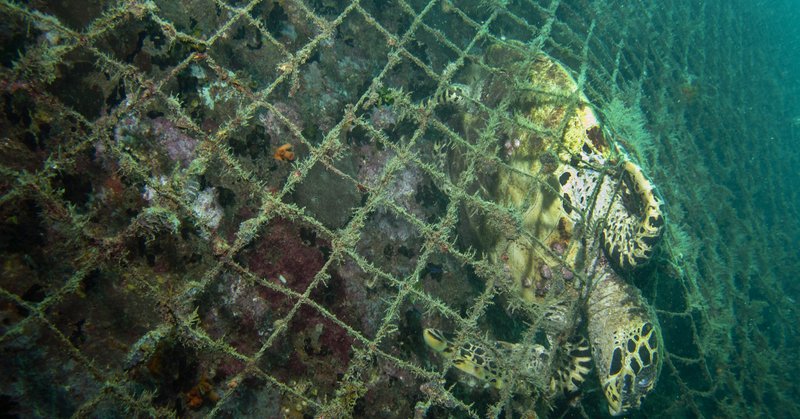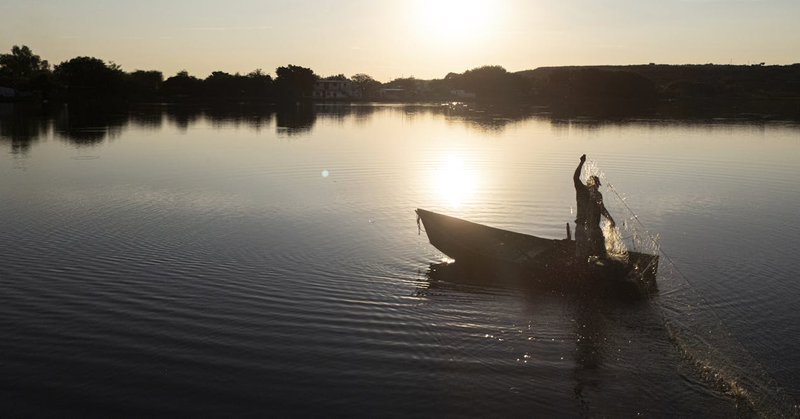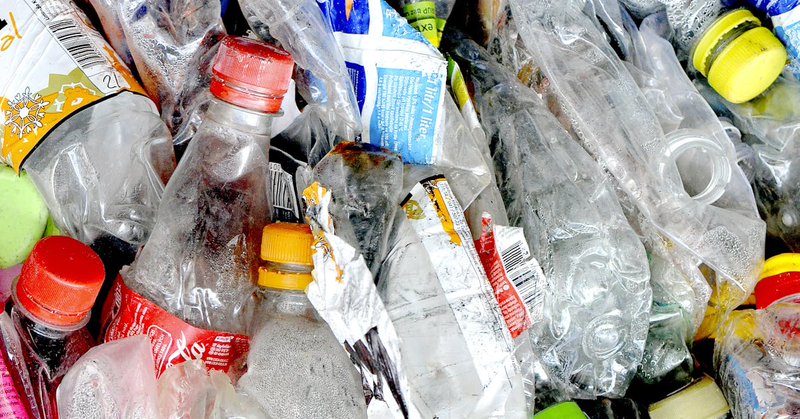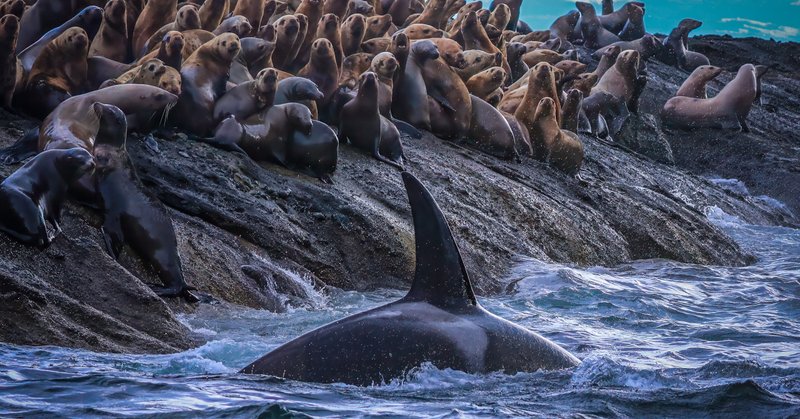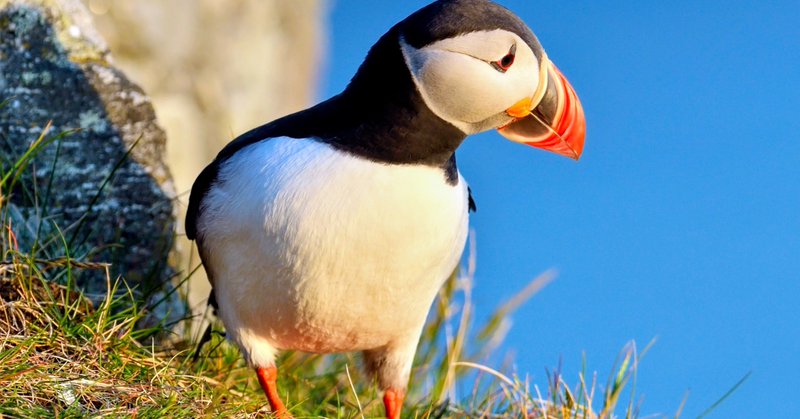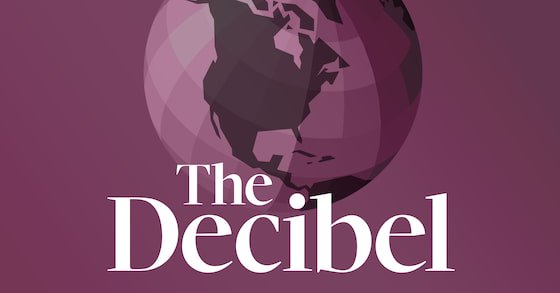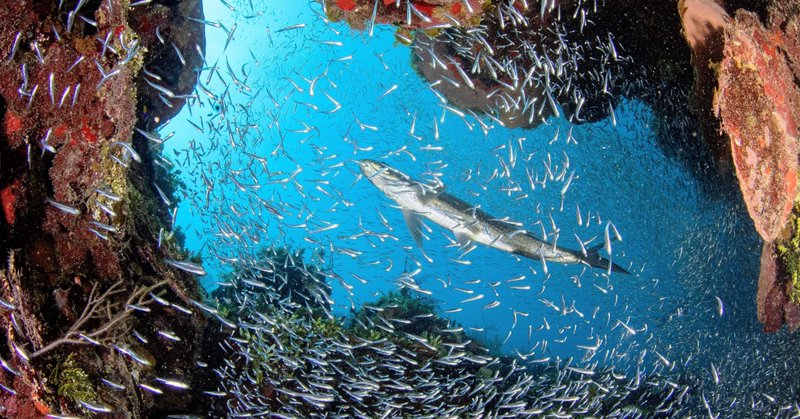
Oceana Canada
@OceanaCAN
Followers
12K
Following
11K
Media
4K
Statuses
9K
Save the oceans, feed the world. 🐟 Oceana Canada is an independent charity established to restore Canadian oceans to health & abundance Affiliated with @Oceana
Canada
Joined July 2014
How Healthy Are Canada’s Fish? 🐟 Fisheries scientist Rebecca Schijns has been crunching the numbers. Oceana Canada’s ninth annual Fishery Audit drops Tuesday, November 25. #WorldFisheriesday
0
0
0
New 📰| A policy agenda for pairing Indigenous knowledge systems and Western-based science to strengthen oceans and fisheries management in Canada 🌊 https://t.co/VQ1llZG6QA Discover how to better connect Indigenous knowledge and Western science. 👥 @UWaterloo @OceanaCAN @uVic
0
1
1
2/2 According to the study, ingesting less than three sugar cubes’ worth of plastic can push seabirds like Atlantic puffins past a 90% likelihood of death. Learn more:
oceanographicmagazine.com
A landmark study reveals how even tiny amounts of ingested ocean plastic can be fatal to seabirds, sea turtles, and marine mammals.
0
2
1
1/2 A new study published in @PNASNews reveals ocean plastic is far deadlier than we thought for birds, turtles, and marine mammals.
1
0
1
Use promo code BARSTOOL to get 20% off your first order @lucynicotine
0
1
23
READ: Scientists could use NASA satellites to help predict feeding paths of critically endangered North Atlantic right whales.🛰️🐋 This game-changing approach could help prevent deadly entanglements & boat strikes. https://t.co/xkZSnqIkQZ
1
23
81
As COP30 gets underway in Belem, Brazil, developing measures to protect the world’s oceans and fisheries must be on the agenda. The key lies in empowering those who have long stewarded these ecosystems: Indigenous and coastal communities. Learn more: https://t.co/WjdNH6rfvt.
theconversation.com
Nearly 30 per cent of the world’s population lives in coastal areas. A changing climate and biodiversity loss represent an unprecedented threat to these ecosystems.
0
3
17
Globally, only 9% of plastics ever made have been recycled. From “litterbugs” to “recycling heroes,” the same pattern endures: citizens do the work, municipalities pay, and corporations keep the profits. To fix the system, we must rewrite that story. https://t.co/JB7IeppgFx
theconversation.com
Only 9% of plastics ever made have been recycled. Clever industry campaigns have shifted the costs of their own waste onto consumers.
0
1
2
Humpback whales use “bubble-net feeding” to trap prey like krill and herring. By blowing bubbles in circular patterns, they create a visual barrier that corrals prey — then lunge upward with open mouths to feed. Learn about humpbacks here: https://t.co/1QOVa7GCr5
0
1
3
New research published in @PLOSONE after a 16-year study reveals that West Coast transient killer whales are actually two distinct subpopulations — inner and outer coast transient. Read more:
oceanographicmagazine.com
Research reveals West Coast transient killer whales are two subpopulations - inner and outer coast - with different diets, ranges, and lives.
0
1
6
A new calving season is soon beginning for the North Atlantic right whale — one of the most endangered whale species on the planet. As mothers and calves navigate their first year, they face challenges from warming waters to gear entanglement. Read more about their journey:
2
48
117
Dandelion, Bermuda, and Kodama are among the newly named North Atlantic right whales announced at this year’s Right Whale Consortium. Each name carries a story — one of survival, unique markings, or a special connection to a place Learn more on our blog https://t.co/Fwz3ZPaWpI
0
1
3
Every action to protect the ocean matters. Join Oceana Canada’s community of Wavemakers and help protect the blue that makes all life possible. 💙 👉 https://t.co/u6vNTf0BOH
0
3
5
Arctic char have been called “the most variable vertebrate on Earth. Scientists believe their extreme Arctic environment drives this remarkable diversity. Their colours even shift with the seasons, turning from dark brown and silver to bright red, pink, or orange during spawning.
0
0
7
Right Whale #4540, a 12-year-old calving female, was among 18 newly named whales announced by the North Atlantic Right Whale Consortium. She was named Cavatappi for the corkscrew-shaped callosity on her head resembling cavatappi pasta. Learn more https://t.co/Fwz3ZPaWpI
0
0
5
Ever seen a dolphin that looks like a flying slug? That’s the Northern right whale dolphin. They are easily recognizable by their sleek, streamlined body and lack of a dorsal fin. They are found in the deep, cold-to-warm temperate waters of the Pacific Ocean.
0
1
10
Are seabirds ocean savers? New research published in Nature Reviews Biodiversity finds seabirds help connect ocean ecosystems by moving nutrients from open ocean to islands and back to coastal waters. Learn more:
earth.com
Restoring seabirds revives reefs, strengthens fisheries, and reconnects ecosystems from ridge to reef, driving climate recovery.
0
2
7
North Atlantic right whales are nearing extinction. Ship strikes, entanglement, and impacts of climate change threaten their survival. But now, researchers think that human-made noise in the ocean may be having an effect too. Learn more via @globeandmail
theglobeandmail.com
There are fewer than 400 North Atlantic right whales in the world
0
1
3
New research using environmental DNA (eDNA) led by Loïc Sanchez at the University of Montpellier found that the known ranges of 93% of marine fish species were underestimated. There’s still so much more to discover beneath the waves! Learn more:
earth.com
DNA in seawater revealed that 93% of fish species live beyond known ranges, exposing major gaps in global marine biodiversity records.
0
9
27
🪼 #FUNFACT: Jellyfish entirely lack bones, blood, hearts, or even a brain! Made up of about 95% water, jellyfish are undoubtedly some of the simplest animals on our planet. 🌎 Learn more fun facts about ocean animals: https://t.co/uCQkVYl5w0
#WorldJellyfishDay
1
53
185
Meet the spiny dogfish! One of the most abundant shark species in the ocean. Dogfish are named because fishers have observed these species chasing down smaller fish in dog-like packs. Learn more: https://t.co/kpDjQs9HWp
0
1
3


